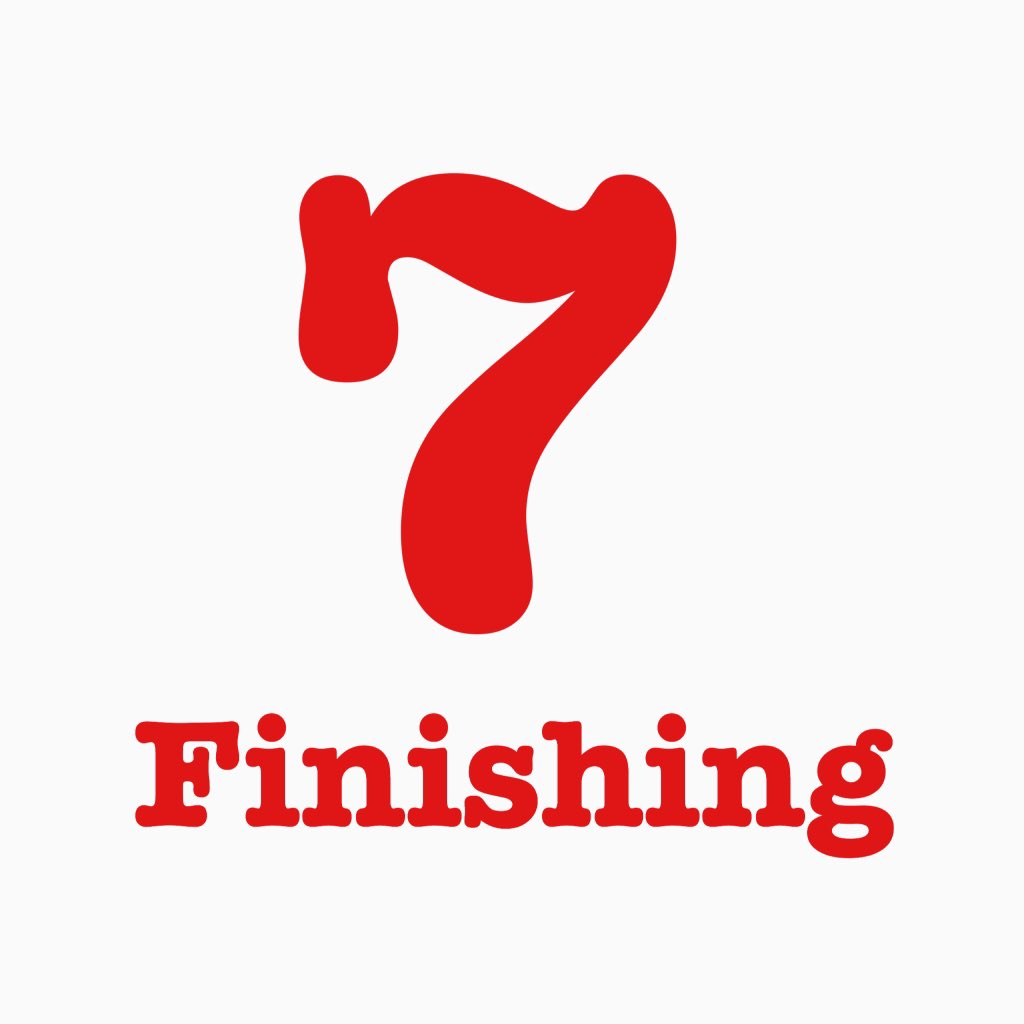In 2010 with very little cash, I bought a plot with a friend and started building for the first time with zero experience. The beautiful outcome hides the series of painful lessons learnt in the process. I’m going to do a thread on how to do it ahead of a Jun webinar.
Here is the construction / property development thread I promised. It’s in three parts
1. How we built this property
2. Mistakes made in the process and
3. Ways to save while building
Feel free to ask questions and RT
#onesquarek @madacjerry
1. How we built this property
2. Mistakes made in the process and
3. Ways to save while building
Feel free to ask questions and RT
#onesquarek @madacjerry
1. Where did I get the money?
Debt strategy. A 30% interest rate is 15% if you repay it over a year and 8.3% over 6mo. I worked out that with K4500/mo I could borrow
K25 000 to spend on the build, repay it over 6mo and do it again.
#buildingosk @madacjerry
Debt strategy. A 30% interest rate is 15% if you repay it over a year and 8.3% over 6mo. I worked out that with K4500/mo I could borrow
K25 000 to spend on the build, repay it over 6mo and do it again.
#buildingosk @madacjerry
Where did I get the money? - 2
With K25 000 to spend every 6 mo and an average build cost of K1500/ sqm then (now K2500) I could build an 83sqm house in 2.5yrs for
K125 000. The next step was to engage an architecht because at this point I already owned the land.
With K25 000 to spend every 6 mo and an average build cost of K1500/ sqm then (now K2500) I could build an 83sqm house in 2.5yrs for
K125 000. The next step was to engage an architecht because at this point I already owned the land.
2. The Architecht
A good outcome needs a clear plan. Many blundered projects begin with a saving on architectural fees. I wrote a one page description of what I wanted, what I’ll use it for, the SQM and budget. I wanted 1 bed, 1 bath, 2 car slots and a large living room.
A good outcome needs a clear plan. Many blundered projects begin with a saving on architectural fees. I wrote a one page description of what I wanted, what I’ll use it for, the SQM and budget. I wanted 1 bed, 1 bath, 2 car slots and a large living room.
The architecht was leading me towards a 2 bed, 120sqm with large rooms “because that’s what people like” so I had to take him back to the brief because that matched my budget and needs. In fact throughout the build people were encouraging me to “add an extra room”  https://abs.twimg.com/emoji/v2/... draggable="false" alt="🤣" title="Rolling on the floor laughing" aria-label="Emoji: Rolling on the floor laughing">
https://abs.twimg.com/emoji/v2/... draggable="false" alt="🤣" title="Rolling on the floor laughing" aria-label="Emoji: Rolling on the floor laughing">
#onesquarek
#onesquarek
3. Estimating Fees
This is what I do. Take their expected monthly salary and divide by the no of jobs they can do a month. For an architecht it worked out to be ~K40k, over 4-5 jobs, K8-10K per job. Anything below that, you’re getting copy paste.
This is what I do. Take their expected monthly salary and divide by the no of jobs they can do a month. For an architecht it worked out to be ~K40k, over 4-5 jobs, K8-10K per job. Anything below that, you’re getting copy paste.
4. The Builder
I eventually found a sober, sort of straightforward builder. Your architecht or a friend will normally know one, wait for them to be free. I had a frustrating 6 week wait to contract with mine.
I eventually found a sober, sort of straightforward builder. Your architecht or a friend will normally know one, wait for them to be free. I had a frustrating 6 week wait to contract with mine.
I’ve learnt that the builder’s skill is no guarantee that the outcome will make sense. The architecht is the artist, builder is the technician but you are the enforcer demanding the result. The more compromises you make, lower the quality of the output.
It was a two part deal.
1. Your responsibility is to build the plan, mine is to pay you on time.
2. If we focus on producing a brilliant outcome, both of us win. I get what I want and you get more business because people will see your good work.
1. Your responsibility is to build the plan, mine is to pay you on time.
2. If we focus on producing a brilliant outcome, both of us win. I get what I want and you get more business because people will see your good work.
My experience has been that builders are terrible at making estimates. I’ve learnt that you need to have 30% more cash than they tell you or you’ll always be pleading for short term loans to address your shortfall. Anything less, buy material and delay the process.
Pay immediately after the work is done. Many people humiliate their builders by paying them late and making them plead for their payments. It’s a major mistake, it poisons the well and leads to shoddy work because the builders are frustrated.
Finishing
Most builds either stall at some point or fail completely. The leading cause of this is changes to the plans, materials and as a result the budget. Stick to the plan. Adding just one unplanned extra bathroom can cost up to K40 000 more.
Most builds either stall at some point or fail completely. The leading cause of this is changes to the plans, materials and as a result the budget. Stick to the plan. Adding just one unplanned extra bathroom can cost up to K40 000 more.
8. Utilities
Apply for power and water before you start building, you can’t avoid eventually paying for them and it will save you alot of money because you aren’t buying water (yes it’s sold for K20 per drum) or hiring gensets for simple tasks.
Apply for power and water before you start building, you can’t avoid eventually paying for them and it will save you alot of money because you aren’t buying water (yes it’s sold for K20 per drum) or hiring gensets for simple tasks.
Beware of expert visitors to your site. I have friends who are electrical, mechanical, water, civil and other engineers. In most cases they have commercial experience and their suggestions have impractical costs.
To get value from their skills I often asked to visit their personal projects to see what commercial grade enhancements they had made to their properties and how much they paid for them. I found the most skilled people had often done the least personal building.
This issue is not unique to professionals in the building trade. I’ve noticed that the more skilled you are, the greater challenge you set yourself and this might get in the way of actually getting started or if you do to monitoring the budget.
Keep decent records. Most people get to the end of a build and don’t know exactly what was spent. I opened a separate account, got a filing cabinet, kept receipts and did my best to run all transactions through the bank so I could track them.

 Read on Twitter
Read on Twitter










 #onesquarek" title="The architecht was leading me towards a 2 bed, 120sqm with large rooms “because that’s what people like” so I had to take him back to the brief because that matched my budget and needs. In fact throughout the build people were encouraging me to “add an extra room” https://abs.twimg.com/emoji/v2/... draggable="false" alt="🤣" title="Rolling on the floor laughing" aria-label="Emoji: Rolling on the floor laughing"> #onesquarek">
#onesquarek" title="The architecht was leading me towards a 2 bed, 120sqm with large rooms “because that’s what people like” so I had to take him back to the brief because that matched my budget and needs. In fact throughout the build people were encouraging me to “add an extra room” https://abs.twimg.com/emoji/v2/... draggable="false" alt="🤣" title="Rolling on the floor laughing" aria-label="Emoji: Rolling on the floor laughing"> #onesquarek">
 #onesquarek" title="The architecht was leading me towards a 2 bed, 120sqm with large rooms “because that’s what people like” so I had to take him back to the brief because that matched my budget and needs. In fact throughout the build people were encouraging me to “add an extra room” https://abs.twimg.com/emoji/v2/... draggable="false" alt="🤣" title="Rolling on the floor laughing" aria-label="Emoji: Rolling on the floor laughing"> #onesquarek">
#onesquarek" title="The architecht was leading me towards a 2 bed, 120sqm with large rooms “because that’s what people like” so I had to take him back to the brief because that matched my budget and needs. In fact throughout the build people were encouraging me to “add an extra room” https://abs.twimg.com/emoji/v2/... draggable="false" alt="🤣" title="Rolling on the floor laughing" aria-label="Emoji: Rolling on the floor laughing"> #onesquarek">























